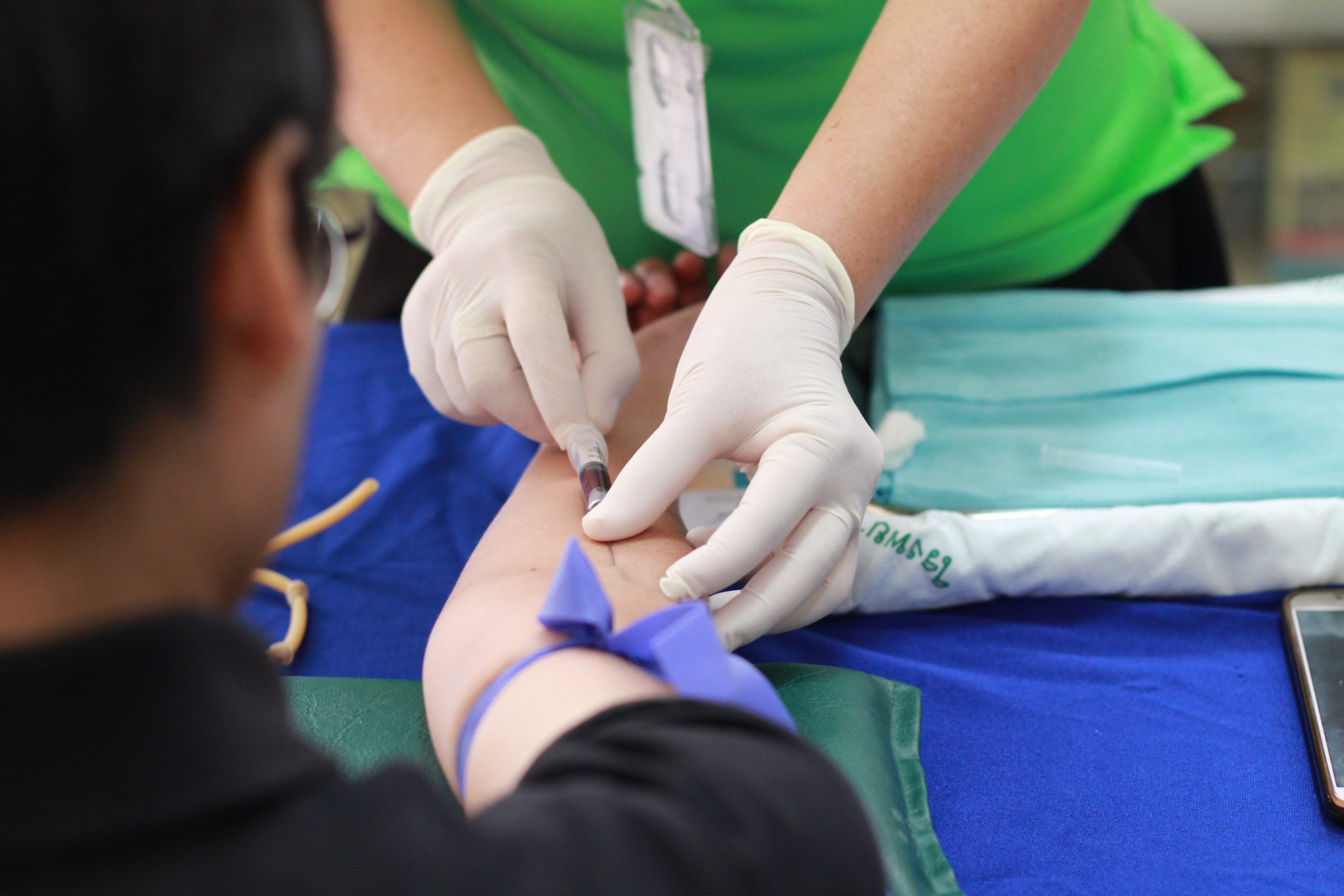Becoming a healthcare worker and not knowing popular terms used in the field does not add up. Even if you just entered the field or started taking your classes in med school, you should still have some basics down. You may feel it hard to understand what your teachers say when you are bombarded with alien-sounding technical terms.
Another reason to be familiar with medical terms is your own health. You might not understand what your doctor is saying if you are clueless about the medical lingo. However, we realize the limitations that you cannot learn all the terms and jargon used for various conditions. It is, anyway, impractical for someone with no educational and professional association with this field. But knowing the most popular terms is possible.
A fondness for medical TV series is also why many people get familiar with popular medical lingo. People fond of popular TV shows based on healthcare and are inspired by what doctors and nurses do there feel exasperated when they cannot grasp the terminologies. Many people who read novels where medical terminologies and jargon are excessively used also have difficulty navigating the details and storyline.
For example, what would you do to understand a show about immunization—a critical yet complicated concept in healthcare? You have two options: Google immunization definition, or go on watching the show without any understanding. We believe you will go with the former option. For your ease, this article provides essential medical terms; here is a list of them.
Table of Contents
Patient Status Medical Terms
- Critical: A Patient is in a “critical” situation when their vital signs are beyond normal, making them lose consciousness.
- Observation: It is the status of patients who get treatment for a set period of time. With time their doctors decide whether discharge or admission is the best way forward.
- Inpatient: Patients who come to the hospital for an extended stay spanning many nights are referred to as inpatients. Doctors and physicians keep an eye on their condition and decide the time of their hospital discharge.
- Outpatient: All patients who are not admitted to the hospital for an overnight stay are called outpatients. This term describes everyone who comes for a few hours of surgeries, same-day treatment, clinic visits, and book one-day appointments for emergency treatments.
- Acute: a condition when patients have a sudden flare of the symptoms and need immediate medical attention.
Medical Terms For Diseases And Conditions
- Abscess: This is the pocket filled with puss that you mostly get due to an infection.
- Abrasion:The mild scrapes you get at home while working in the kitchen or cleaning. This is mostly not very serious, and you can easily treat it at home.
- Aneurysm: The bulge in the wall of the artery that weakens it, resulting in damage and rupture, is called an Aneurysm.
- Aortic Dissection: When you get a tear in the aorta’s inner layer, it is aortic dissection.
- Biopsy: This term is often used in testing and diagnosis of a disease. It is a sample of tissue taken from any part of the body to discover the cause of illness.
- Benign:Medical practitioners mostly use this term in connection to tumors or growth. It means the tumor is not cancerous or malignant.
- Diagnosis:diagnosis is the whole process of conducting tests and scans and evaluating important factors for identifying a disease.
- Cyanosis: A lack of oxygen can cause your skin to turn blue. This situation is called Cyanosis.
- Thrombosis: often, patients come with a blood clot in their blood vessels that hamper the normal flow of the blood. The blood clot is called thrombosis.
- Edema:This term describes the swelling resulting from fluid accumulation.
- Fracture: healthcare professionals use the word “fracture” to describe a broken bone ranging from a mild crack to a complete breakage.
- Malignant:This describes tumors and growth when they have cancerous cells in them.
- Normal Sinus Rhythm: the normal heartbeat pattern in an adult— usually between 60 and 80 beats per minute is called normal sinus rhythm.
- Tension Pneumothorax: When the lung collapse due to air leaking into the space between the lungs and the heart is called Tension pneumothorax.
- Cerebrovascular Accident (CVA):This situation is most commonly referred to as a stroke. A cerebrovascular accident occurs when the brain does not get enough blood and oxygen due to the rupture of a blood vessel or blockage.
Also Read: Patient Portal Aegislabs
Medical Terms For Tools, Equipment, And Medicine
- Fluoroscope:This is an x-ray machine. It produces still or in motion scans. In the latter state, it creates x-ray animations.
- Stethoscope:the instrument that you often see dangling around the neck of the medical professionals. It helps them listen to the patient’s breathing and heartbeat.
- Foley: This is a thin, sterile, and flexible tube that you insert in the urethra to drain the urinary bladder. Since you can leave it connected to the bladder for some time, it is often called an indwelling catheter.
- Endoscope: This is a long and flexible tube with its own lighting and camera. Professionals use this tube to look into the patient’s body. Several types of endoscopes are used for different situations.
- Intravenous (IV): Any fluid or medication you give to the patient through veins is called intravenous.
Terms For Medical Procedures And Tests
- Blood Culture:It is the test that tells you about the presence of any bacteria or fungi in the patient’s blood.
- Bowel Disimpaction:Often, patients are unable to release their fecal material. So, medical workers have to remove the hardened fecal material manually. This process is known as bowel disimpaction.
- Blood Pressure: This measures how smooth and well your blood flows in your veins.
The terms used in healthcare are endless. Though it isn’t easy to memorize them all at once, you can gradually grasp them. If you are a to-be medical professional, knowing terms can make your present study and future work in the hospital really easy. On the contrary, if you are a medical series enthusiast, knowledge of these terms helps you better understand what you are watching.











